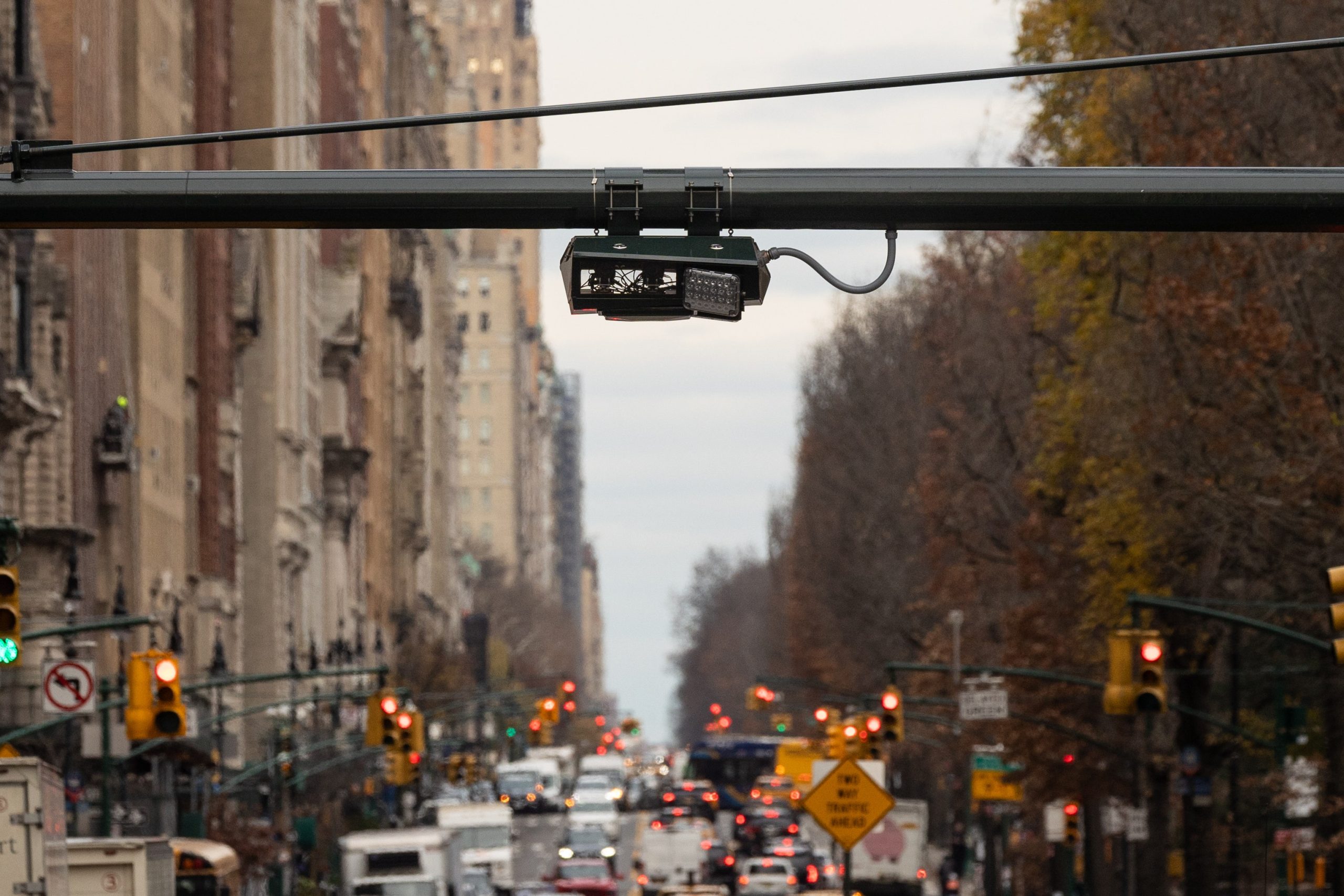License Plate Readers Are Creating a US-Wide Database of Political Lawn Signs and Bumper Stickers
License plate readers, commonly used by law enforcement agencies to track vehicle movements, are now being used to create a US-wide database of political lawn signs and bumper stickers.
These license plate readers are equipped with cameras that can capture images of license plates as well as any political messages or symbols displayed on vehicles.
This data is then stored in a centralized database, allowing authorities to track the political affiliations and beliefs of individuals across the country.
Privacy advocates have raised concerns about the implications of this database, warning that it could be used for targeted surveillance and profiling of individuals based on their political beliefs.
Some states have already implemented laws to restrict the use of license plate readers for political surveillance, but the practice continues to raise ethical and legal questions.
In addition to concerns about privacy, there is also a fear that this database could be used to target individuals for harassment or discrimination based on their political views.
The proliferation of license plate readers and the creation of this US-wide database highlights the ongoing debate between security and privacy in the digital age.
As technology continues to advance, it is important for lawmakers and citizens to consider the implications of data collection and surveillance practices on individual freedoms and rights.
Ultimately, the use of license plate readers to create a database of political lawn signs and bumper stickers raises important questions about the balance between security and privacy in a democratic society.
It is essential for policymakers to carefully consider the implications of these technologies and to ensure that they are used responsibly and in accordance with constitutional protections.


